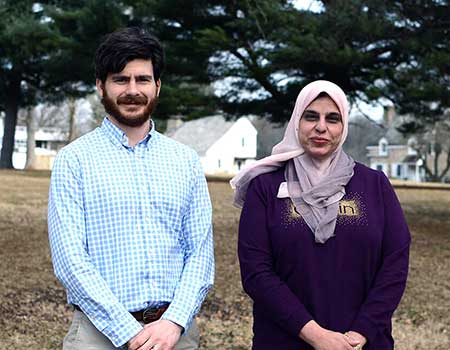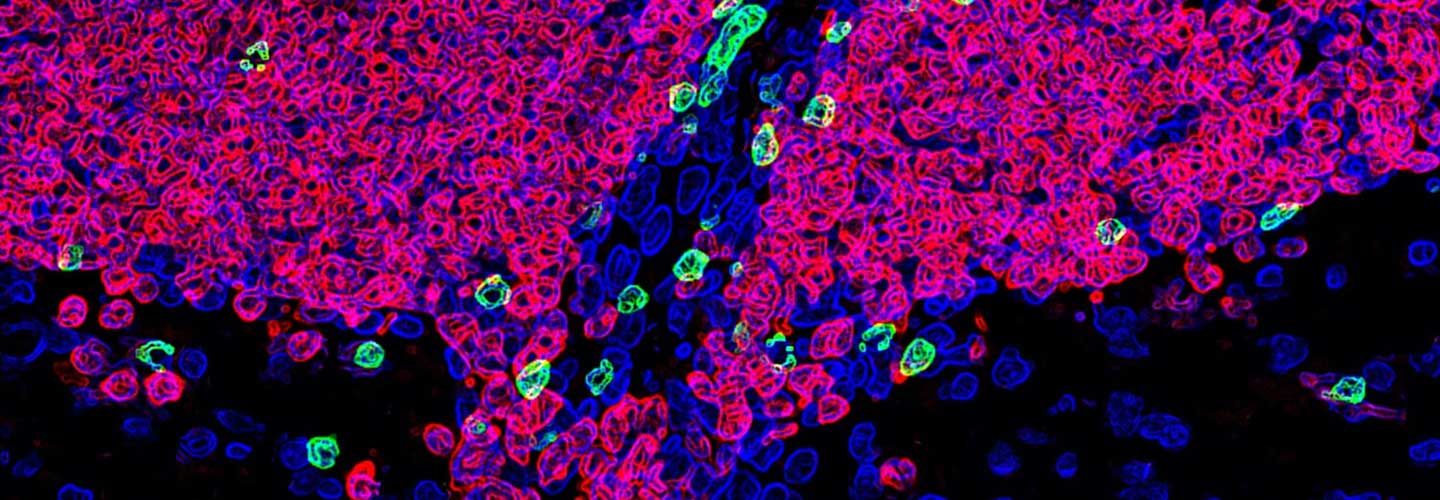
Department of Pathobiology
Introduction
The Department of Pathobiology is dedicated to teaching and research in pathology, infectious diseases and immunology, and laboratory animal medicine.
Teaching and Services
Located on both the Philadelphia and New Bolton Center campuses, it has an outstanding reputation for fundamental research, and provides crucial clinical services for the School and the State.
Furthermore, by offering state-of-the-art training for veterinary students, residents, graduate students and post-doctoral fellows, the Department is helping to mold the future leaders in veterinary medicine and in basic research.
Our Mission
To understand the nature of disease and its impact on humans and animals.
Learn More About the Department of Pathobiology
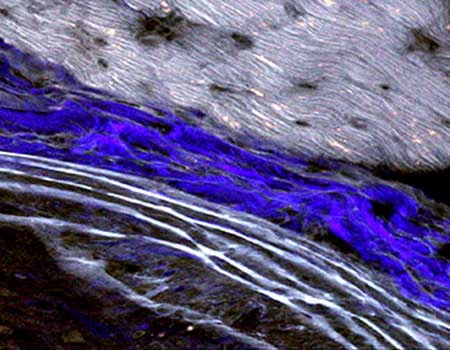
Core Facilities & Services
Pathobiology Events
Attend one of the many events Penn Vet offers!

Connect With Us
University of Pennsylvania
School of Veterinary Medicine
Department of Pathobiology
3800 Spruce Street
Philadelphia, PA 19104
Department Chair
Related News
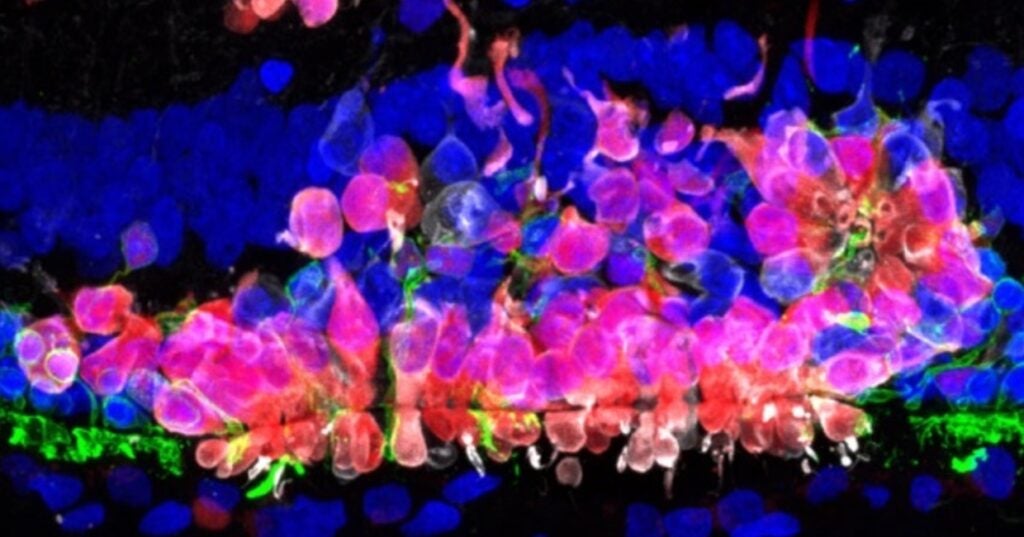
Hope for cell-based retinal repair: Penn Vet study finds key to improving survival of transplanted cells
Researchers identify metabolic stress as an obstacle to photoreceptor transplantation highlighting a critical window for therapeutic intervention.
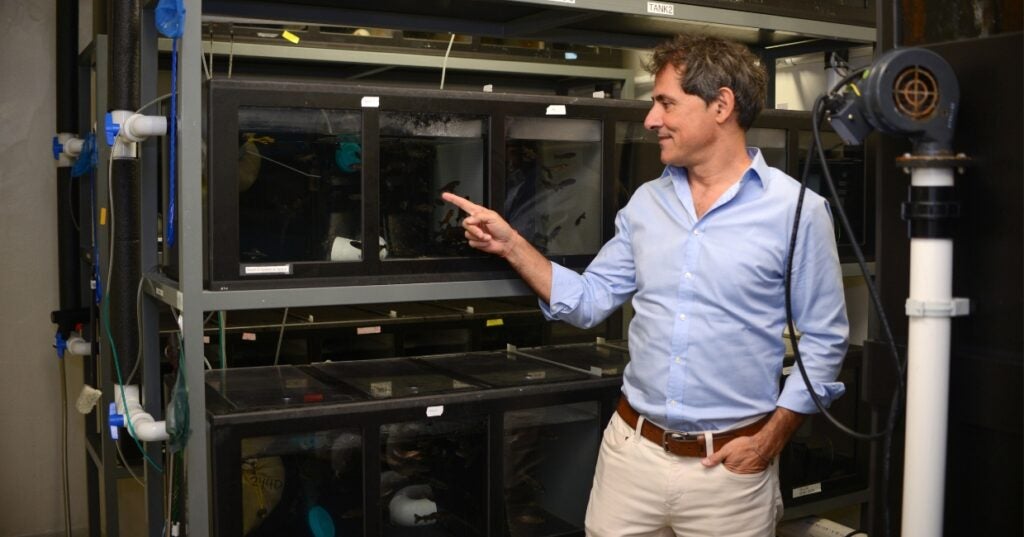
A New Study from Penn Vet Reveals an Unsung Immune Defender as a Key Guardian of Gut Health and Metabolism
A pioneering new study published in Nature Microbiology, led by Oriol Sunyer, PhD, and a team of researchers at Penn Vet and the University of New Mexico, have uncovered a…
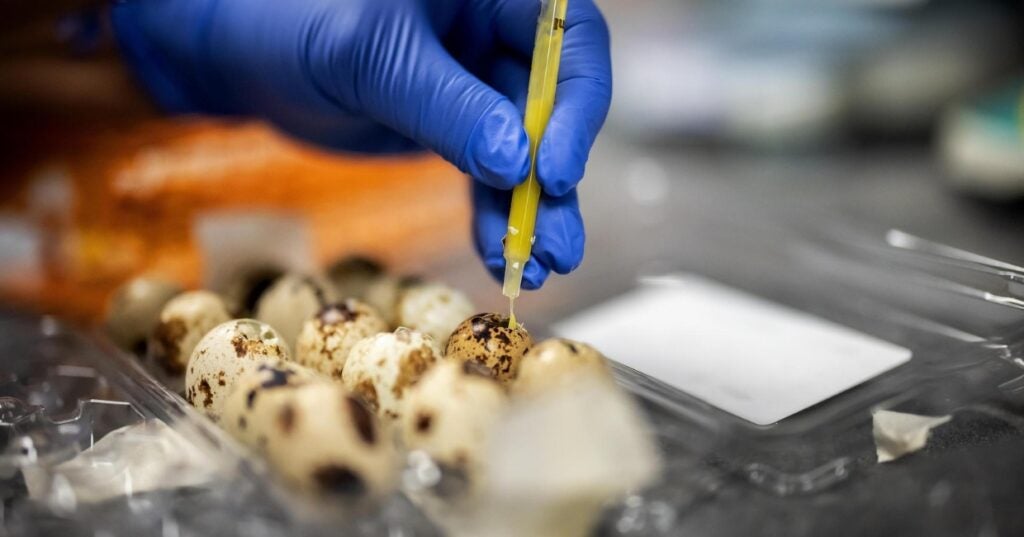
Keeping food safe and animals healthy (link is external)
A strain of the H5N1 virus—best known for causing avian influenza—was detected in U.S. dairy cattle for the first time in March 2024. It has since spread to more than…
Interested in joining the Penn Vet Team?
View open positions to get a chance to join a collaborative environment.

